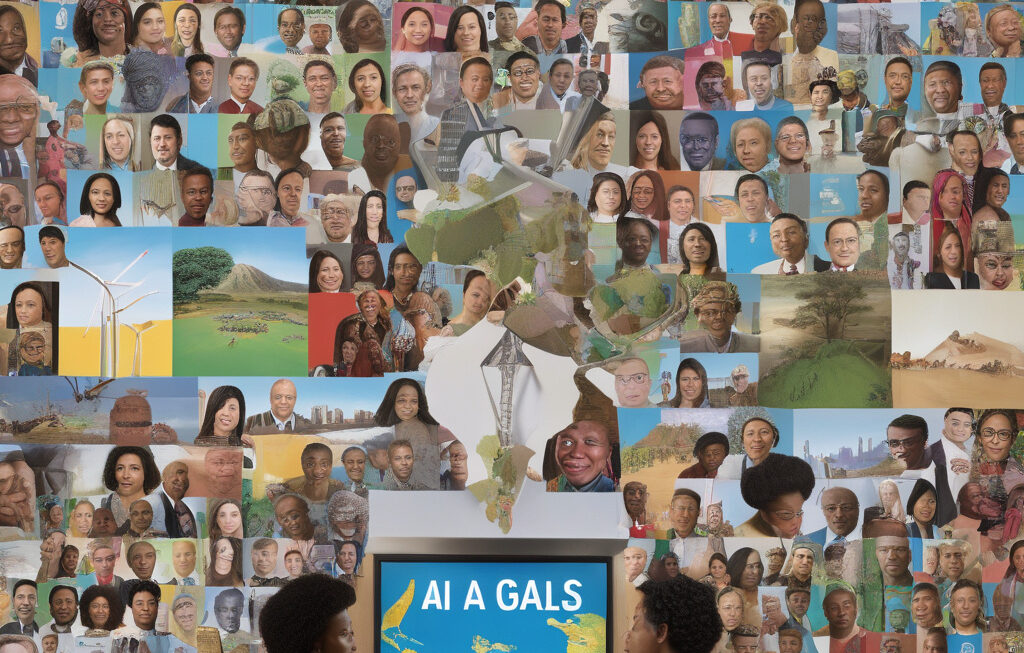Rights before risks: Rethinking Quantum Innovation at WSIS+20
The realm of quantum technology is advancing at an unprecedented pace, offering a plethora of possibilities that could revolutionize the digital landscape as we know it. However, amidst the excitement and promise of quantum innovation lies a pressing concern – the need for urgent global cooperation and a human rights-first approach to ensure that these advancements do not inadvertently exacerbate inequality or infringe upon fundamental freedoms.
As we stand on the cusp of a quantum revolution, it is crucial to prioritize rights over risks. Quantum technology has the potential to transform industries, boost computational power, and enhance data security. Yet, if not carefully managed, it could also widen the gap between the haves and have-nots, further marginalize vulnerable populations, and compromise individual privacy.
The World Summit on the Information Society (WSIS) +20 provides a timely platform to address these critical issues. By bringing together stakeholders from across the globe, including governments, tech companies, civil society organizations, and academia, WSIS+20 offers a unique opportunity to chart a course towards a more inclusive and rights-respecting quantum future.
One of the key pillars of this endeavor must be a concerted effort to embed human rights principles at the core of quantum innovation. This involves upholding the right to privacy, freedom of expression, non-discrimination, and other fundamental rights in the development and deployment of quantum technologies. By placing rights before risks, we can ensure that the benefits of quantum innovation are equitably distributed and do not come at the expense of individual liberties.
Moreover, global cooperation is essential to address the transnational nature of quantum technology. Given the borderless nature of the digital world, no single country or entity can tackle the challenges posed by quantum innovation alone. Collaborative efforts are needed to establish common standards, norms, and regulations that safeguard human rights while fostering innovation and competition in the quantum space.
In this regard, the WSIS+20 provides a platform for stakeholders to share best practices, exchange knowledge, and forge partnerships that promote a human-centered approach to quantum technology. By working together, we can harness the transformative potential of quantum innovation while mitigating its potential risks.
An illustrative example of the importance of a human rights-first approach in quantum innovation is the development of quantum computing algorithms. Quantum algorithms have the power to revolutionize fields such as cryptography, optimization, and machine learning. However, if not designed with privacy and security in mind, these algorithms could pose significant risks to sensitive data and personal information.
By prioritizing human rights in the design and implementation of quantum algorithms, developers can ensure that privacy is protected, data is securely encrypted, and individuals retain control over their personal information. This not only enhances trust in quantum technologies but also underscores the ethical responsibility of tech companies and researchers to uphold human rights standards in their work.
In conclusion, the rapid advancement of quantum technology presents a watershed moment for the digital world. To harness the full potential of quantum innovation while safeguarding human rights, we must adopt a collaborative, rights-first approach that prioritizes inclusivity, equity, and respect for fundamental freedoms. The WSIS+20 offers a vital forum to catalyze this global dialogue and shape a quantum future that works for all.
#QuantumInnovation, #WSIS+20, #HumanRights, #GlobalCooperation, #DigitalTransformation











